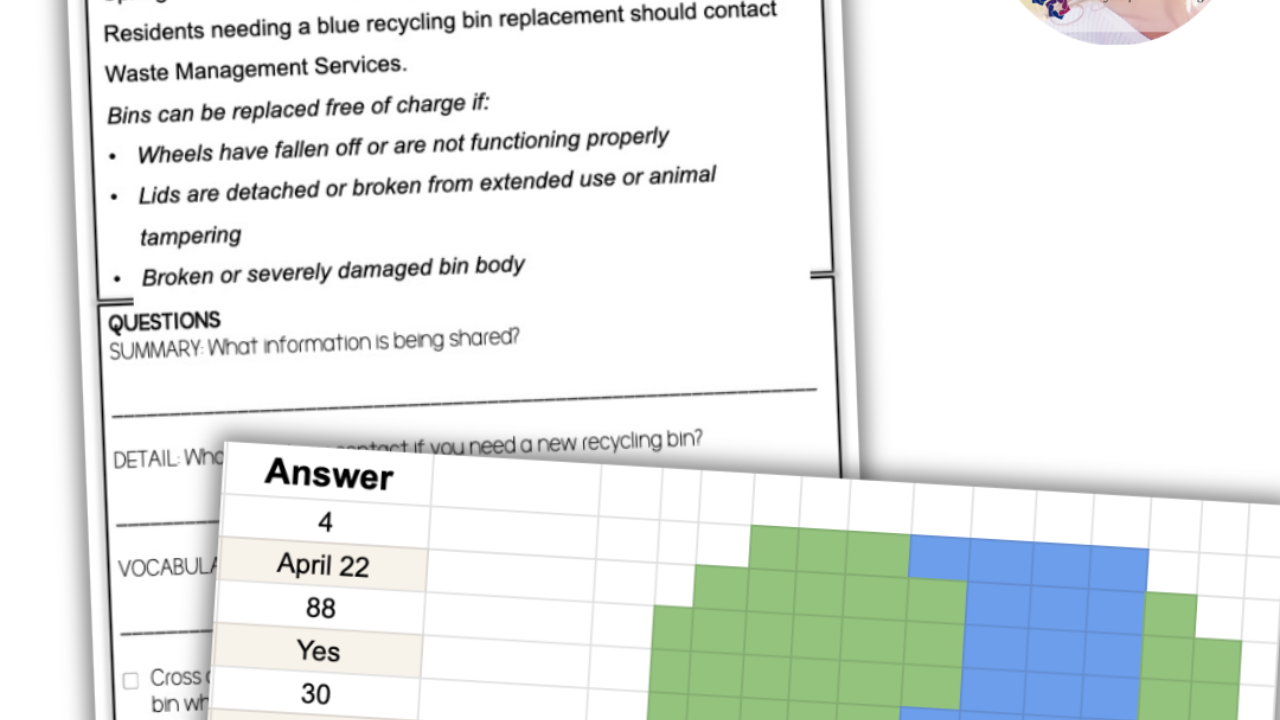How To Teach: Self Advocacy Skills
Jan 17, 2022
Importance of Self Advocacy
Adults advocate naturally constantly throughout their day, we just don’t come right now and announce that we are doing it (however, we really should). Therefore, advocating for yourself is not something that is typically modelled for our students on a consistent basis. It’s abstract, but it's an incredibly important life skill no matter your life path.
-3 steps to advocating
-When to advocate
-Where to advocate
-Who should advocate
Why Focus On These Skills
You have a problem and there are solutions, but how will you get to a solution to remedy the problem? That is advocating. Since your students may struggle with developing or choosing a solution it might be helpful for them to have a partner assisting them in that step. However, identifying they HAVE a problem and need to advocate is their skill and theirs alone!
When To Teach
Since advocacy is so important, the sooner you can teach this the better. No matter if you teach it at the start of first semester, second semester, or after spring break, be sure to continue calling out advocacy when YOU have a problem and advocate for what you need. The constant modeling will help your students absorb through the organic modeling.
I’ve created a complete lesson unit of materials for teaching this topic. The materials are comprehensive (3 full lessons) and most appropriate for life skill lessons at the middle school, high school and transition level students. Below are some lesson unit highlights!
Students will identify the steps (Who, What, Do) when they encounter a problem that needs solving.
Lesson Vocabulary
Advocate, customer service, details, excuse, help, problem, questions, solve, tell
-
Pre and Post assessment
-
1 page narrative explaining the skill with and without visual text supports (to incorporate functional reading)
-
5 skill practice activities to learn and/or reinforce the focus skills
-
Boom Cards for practice or assessment
-
5 strategies for success (tips for being successful with the focus skills)
-
Student learning reflection worksheet (thumbs up or down)
-
Coloring page with on-topic graphics
-
Homework sheet to encourage students to practice the skill outside of the school setting
-
Word search of key vocabulary terms
-
Visuals for focus skills with age appropriate colors and graphics
Ultimate Goal
The ultimate goal is for students to identify they have a problem, regardless of what it is. If they can’t see they have a problem (a bug bite, no more toothpaste, missing work shirt) then they will never have the opportunity to advocate. So, focus on helping them see when they have a problem, then they can build on that awareness.
Links to Curriculum


















